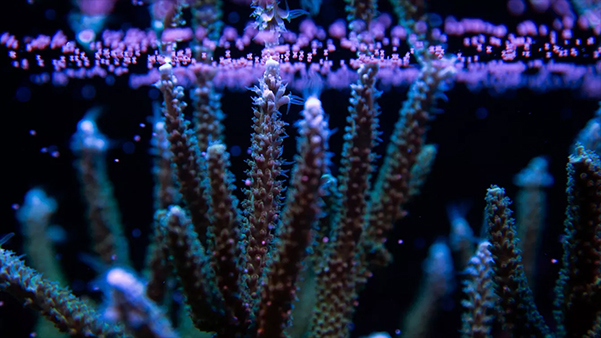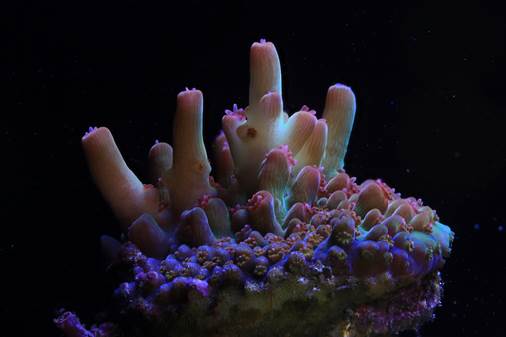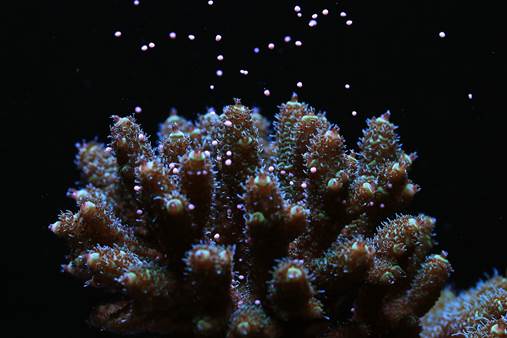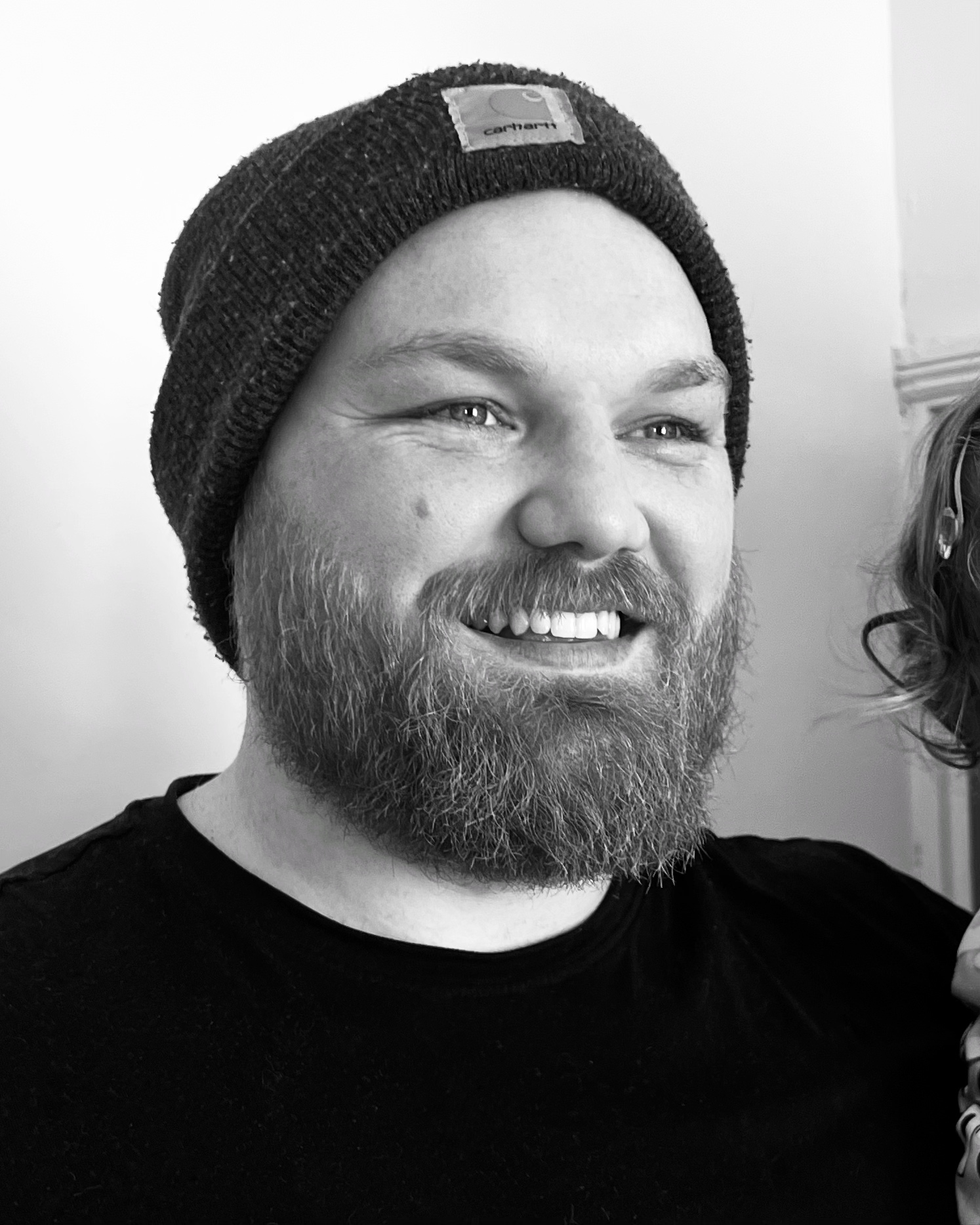Canon joins the fight to save climate-damaged coral reefs
Canon partners with London-based Coral Spawning Lab to provide high-end imaging equipment to aid coral reef research

The coral reefs are in great danger from the effects of climate change, and with what is thought to be only eight years to save them, quick restoration is vital. Canon has partnered with the Coral Spawning Lab to help document and share much-needed research.
Canon will provide state-of-the-art imaging equipment, such as the best Canon cameras and Canon lenses, so the researchers can create a database of photographic activity. The groundbreaking research being carried out at the lab is providing a deeper understanding of the mysterious coral reefs and has recently created the world’s first-ever predictable broadcast of coral spawning in a completely closed system.

So, what is coral spawning?
Coral Spawning is typically an annual natural spectacle where coral synchronizes the release of sperm and eggs, where they will naturally drift to each other, inseminating and producing larvae.
At The Coral Spawning Lab, researchers take the eggs and sperm before natural insemination, and a kind of coral IVF procedure takes place to study and genetically breed more robust species.

The groundbreaking researchers at the London-based lab will use Canon's imaging equipment, to monitor all aspects of the coral's life cycle, providing new information regarding 'embryological stages, and mortality rates, among other key markers of growth'. This will provide an extremely visual encyclopedia of information, helping to restore our coral reefs damaged by climate change.
Coral reefs are an extremely valuable and vital natural resource providing $2.7 trillion – yes trillion! – in services per year. These include tourism, natural ingredients for medicines, and a thriving ecosystem that provides food security for locals. Despite the immense value the reefs have on humanity, they are being decimated by the effects of climate change. They are now expected to decline by '70-90 percent' if sea temperatures continue to rise. This would have an unprecedented impact on our planet's ecosystem.
Get the Digital Camera World Newsletter
The best camera deals, reviews, product advice, and unmissable photography news, direct to your inbox!
Combining efforts and sharing information is vital for global success, so all of the information gathered by The Coral Spawning Lab will be open source and encouraged to be viewed. This includes sharing all data with local communities in many of the reef's natural tropical environments, in the hope that the reefs survive for further generations.
Canon states, "We are committed to working together to create a more sustainable world for the people and wildlife on the planet. Our partnership with the Coral Spawning Lab is an excellent opportunity to help protect global biodiversity and can be viewed as one of our ‘nature positive’ initiatives taking place across Canon Group."
This partnership is a great example of how large organizations can combine and use their expertise to help the fight against climate change. Canon has several initiatives as part of its sustainability efforts, working with researchers and communities worldwide. A fascinating video on Canon's website provides more details on the partnership and a behind-the-scenes look at the lab.
See our guides for more information on the best Canon DSLR lenses, and best Canon EF-M lenses, and if you want underwater advice see our guide to the best waterproof camera.

Kalum is a professional photographer with over a decade of experience, also working as a photo editor and photography writer. Specializing in photography and art books, Kalum has a keen interest in the stories behind the images and often interviews contemporary photographers to gain insights into their practices. With a deep passion for both contemporary and classic photography, Kalum brings this love of the medium to all aspects of his work.
